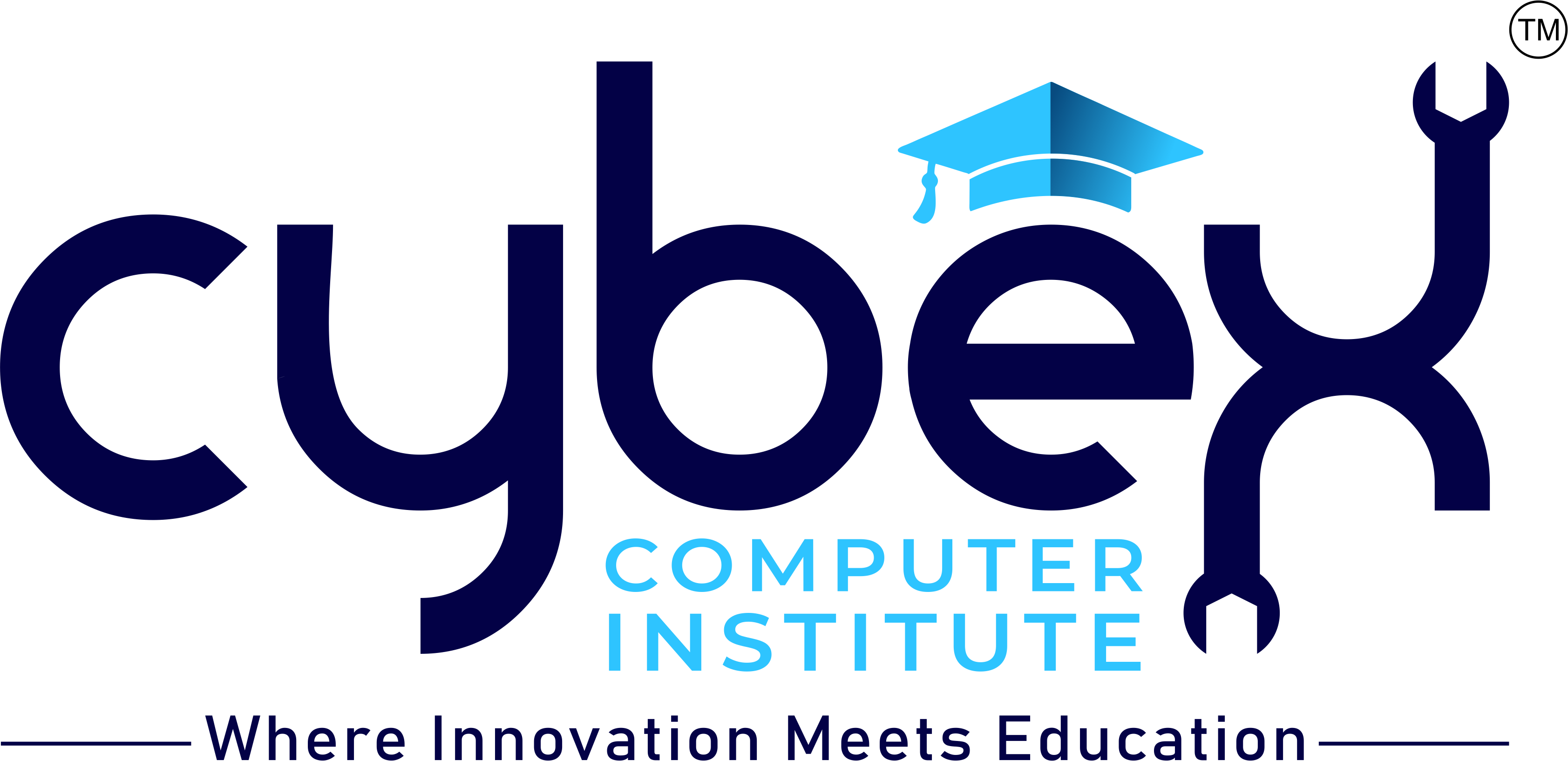Course Description:
This auditing course is designed to provide participants with a comprehensive understanding of the principles and practices of auditing, essential for ensuring the accuracy and reliability of financial information. Auditing is a critical component of financial management, used to assess the integrity of financial records and to ensure compliance with established standards and regulations. Mastery of auditing skills can open doors to careers in internal and external auditing, risk management, and financial compliance.
Course Outline:
Introduction to Auditing:
Overview of Auditing:
Understanding the purpose and importance of auditing in financial management.
Differentiating between internal and external auditing.
Exploring the legal and regulatory framework surrounding auditing practices.
Types of Audits:
Introduction to different types of audits: financial audits, operational audits, compliance audits, and forensic audits.
Understanding the objectives and scope of each audit type.
Audit Planning and Preparation:
Audit Planning:
Understanding the audit process and phases.
Developing an audit plan, including risk assessment and materiality.
Establishing audit objectives, scope, and timeline.
Audit Documentation:
Preparing and managing audit documentation.
Understanding working papers and their significance in the audit process.
Audit Fieldwork:
Internal Controls:
Assessing and testing internal controls.
Understanding control environments, risk assessment, control activities, information, and communication.
Substantive Testing:
Conducting substantive tests on financial statements.
Understanding test procedures for various financial statement items such as cash, receivables, inventory, and liabilities.
Audit Reporting:
Audit Findings:
Analyzing audit findings and identifying areas of concern.
Communicating findings effectively to management and stakeholders.
Audit Reports:
Preparing audit reports, including the auditor’s opinion.
Understanding the different types of audit opinions: unqualified, qualified, adverse, and disclaimer.
Reporting on financial statements and internal controls.
Ethical Considerations and Professional Standards:
Auditor Independence:
Understanding the importance of auditor independence and objectivity.
Identifying potential threats to independence and ways to mitigate them.
Professional Standards:
Exploring the ethical standards governing the auditing profession.
Understanding the role of organizations like the Institute of Internal Auditors (IIA) and the Public Company Accounting Oversight Board (PCAOB).
Advanced Auditing Topics:
Risk-Based Auditing:
Implementing a risk-based approach to auditing.
Prioritizing audit activities based on the level of risk.
Forensic Auditing:
Introduction to forensic auditing and fraud detection.
Investigating financial discrepancies and anomalies.
Data Security and Technology in Auditing:
Audit Data Analytics:
Utilizing data analytics tools in the audit process.
Identifying patterns, trends, and anomalies in financial data.
Cybersecurity Auditing:
Understanding the role of auditing in cybersecurity.
Assessing cybersecurity controls and risks.
Practical Applications and Case Studies:
Hands-On Practice:
Engaging in practical exercises to apply learned auditing concepts.
Completing case studies based on real-world auditing scenarios.
Capstone Project:
Developing a comprehensive audit plan and report for a fictional or real-world organization.
Demonstrating proficiency in audit planning, execution, and reporting.
Learning Outcomes:
By the end of this course, participants will have a thorough understanding of the auditing process, from planning and fieldwork to reporting and follow-up. They will be equipped to conduct various types of audits, assess internal controls, and ensure compliance with professional standards. This knowledge will prepare them for roles in internal and external auditing, financial compliance, and risk management, enhancing their career prospects in the financial sector.
Target Audience:
This course is ideal for individuals seeking to build or enhance their auditing skills. It is particularly suitable for auditors, accountants, finance professionals, compliance officers, and anyone responsible for ensuring the accuracy and integrity of financial information.
Whether you are new to auditing or looking to deepen your expertise, this course provides the essential skills and knowledge needed to perform audits effectively and uphold financial standards in your professional role.




